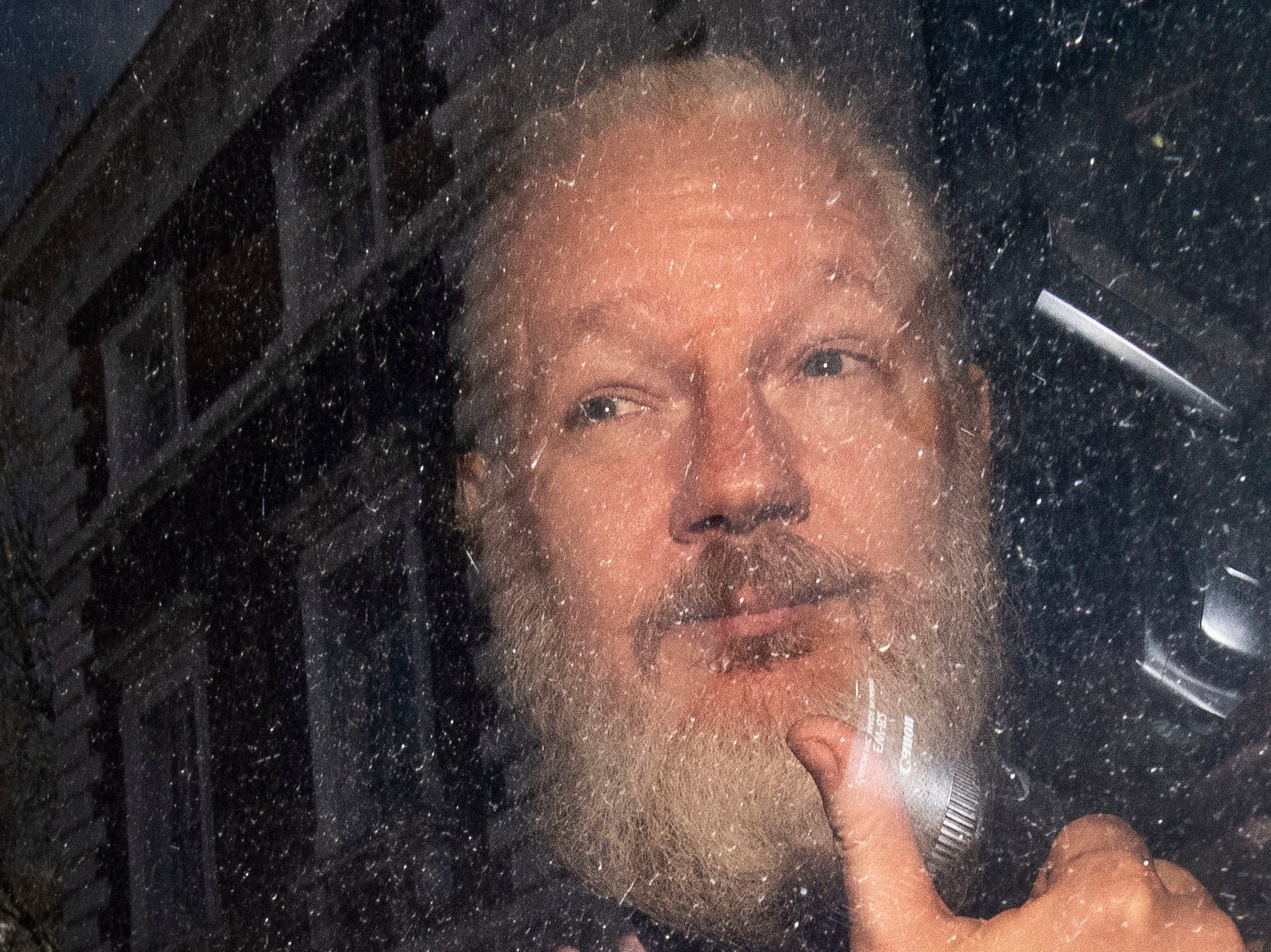
Wikileaks founder Julian Assange sought to recruit hackers at conferences to provide his anti-secrecy website with classified information, according to a new indictment from the US Justice Department.
The indictment also alleges that Assange conspired with members of hacking organisations to obtain government secrets.
It does not contain additional charges beyond the 18 counts the Justice Department unsealed last year but prosecutors say it underscores Assange’s efforts to procure and release classified information, allegations that form the basis of criminal charges he already faces.
Beyond recruiting hackers at conferences, the indictment accuses Assange of conspiring with the leader of hacking group LulzSec and asking to be provided with documents and databases.
Prosecutors said Assange also published emails from a data breach of an American intelligence community consulting company on Wikileaks by a hacker affiliated with LulzSec and Anonymous, another hacking group.
Assange’s lawyer Barry Pollack said in a statement that “the government’s relentless pursuit of Julian Assange poses a grave threat to journalists everywhere and to the public’s right to know”.
He said: “While today’s superseding indictment is yet another chapter in the US Government’s effort to persuade the public that its pursuit of Julian Assange is based on something other than his publication of newsworthy truthful information.
“The indictment continues to charge him with violating the Espionage Act based on Wikileaks publications exposing war crimes committed by the US Government.”
Assange was arrested last year after being evicted from the Ecuadorian Embassy in London and is at the centre of an ongoing extradition tussle over whether he should be sent to the United States.
The Justice Department has already charged him with conspiring with former US Army intelligence analyst Chelsea Manning in one of the largest compromises of classified information in US history.
Prosecutors say the Wikileaks founder damaged national security by publishing hundreds of thousands of classified documents, including diplomatic cables and military files on the wars in Iraq and Afghanistan, that harmed the US and its allies and aided its adversaries.
Assange maintains he was acting as a journalist entitled to First Amendment protection.
Picture: Victoria Jones/PA Wire
Email pged@pressgazette.co.uk to point out mistakes, provide story tips or send in a letter for publication on our "Letters Page" blog
